We frequently receive suggestions for new cleaners from our readers. Here are a few suggested products that came over the transom that we havent reported on before.
Star brite Odor Guard 953
Useful as both a light-duty cleaner and for stuffy smells that resist normal cleaning efforts. Star Brite claims Odor Guard attacks odors directly, rather than simply masking. Whatever the mechanism, is seems to do a good job in musty areas. Moderate pH makes it safe to use and a slight residual film should help inhibit return of odor.
Bottom line: Recommended for your annual spring locker and bilge cleaning push.
Star brite Sea Safe Cleaner and Degreaser
High in pH (12.5), this is a little hard on the skin, but not as bad as some. Rinse when finished, and recover the water if heavily oil contaminated.
Bottom line: Recommend for the engine area.
Sudbury Fiberglass Stain Lifter
Basically gelled oxalic acid with some surfactants, this product does a nice job on rusts stains by increasing dwell time. We also used for a few rust and blood stains on teak, where the gel allowed us to keep it in one spot.
Bottom line: Handy for spot cleaning of rust stains.
Easy-Off Oven Cleaner
Weve reviewed paint strippers and found some good ones for folks that must strip off large volume of paint. But for small spots of dried paint or varnish, a quick spray of Easy-Off followed by 30 minutes of waiting (less for a single layer) is a practical hack, making use of something we always have at home.
Weve tested it on latex paint, marine enamels (Interlux Britesides), traditional varnish, and soft antifouling paint (slow). Very high pH (>14) means keep it off your skin, away from aluminum and brass, and rinse when finished.
Bottom Line: Recommended for spot paint removal between big projects.
Ammonia
We found this to be a useful teak cleaner (Spiffy Teak Tips for the Penny Pincher, Practical Sailor, March 2016). We have also tested it for laundry, where it has the unique advantage of being useable without rinsing. The only active ingredient is a gas which will dissipate as the clothes dry. Do not use on fine silk (who has fine silk on a boat?); the ammonia will eat the proteins. While not as effective as laundry detergents on all soils, it is particularly well suited for sweat stains.
Never mix ammonia with bleach; you will generate very dangerous chloramine gas. Some also favor dilute ammonia for glass cleaning, so we must offer this warning; never, never use ammonia on soft vinyl windows as it will quickly fog them.
Bottom line: Its not our favorite laundry method, but when water is scarce it makes sense.
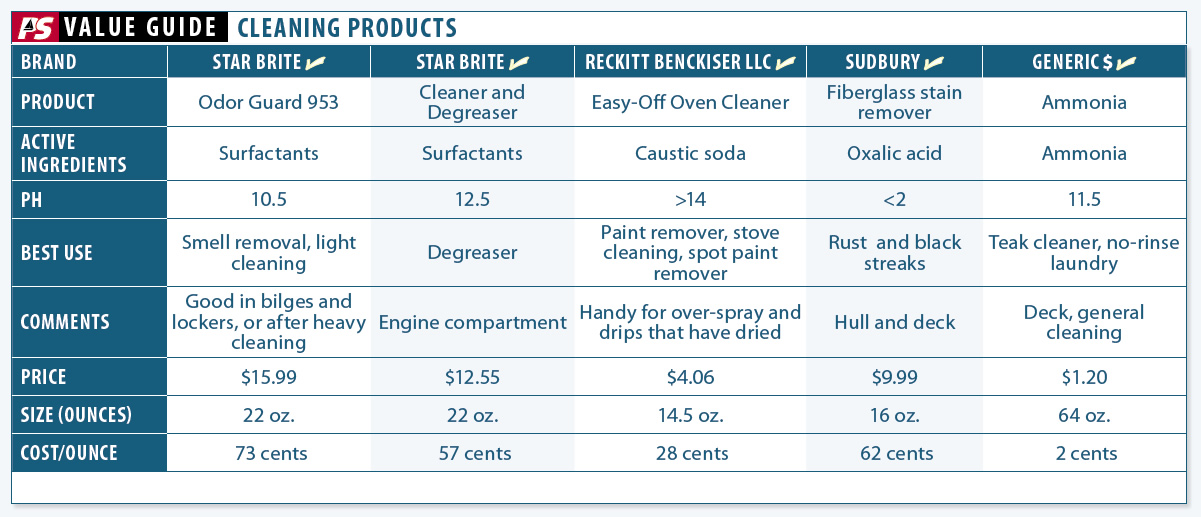





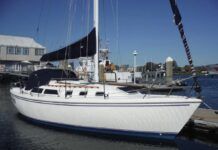
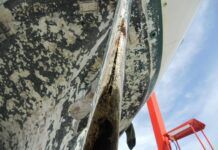

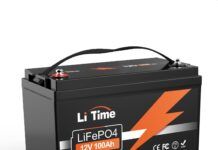


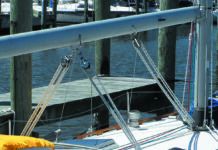
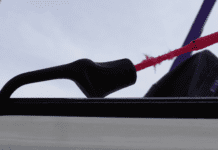
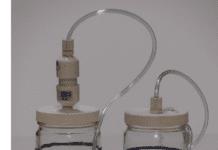
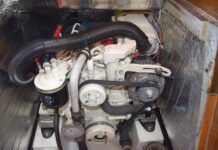
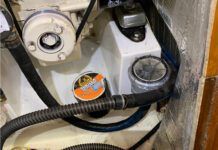

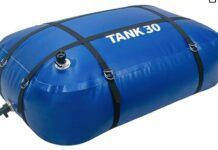



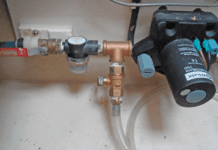


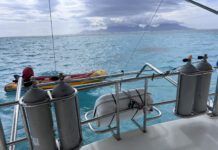


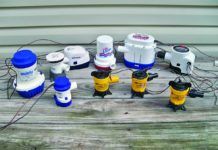



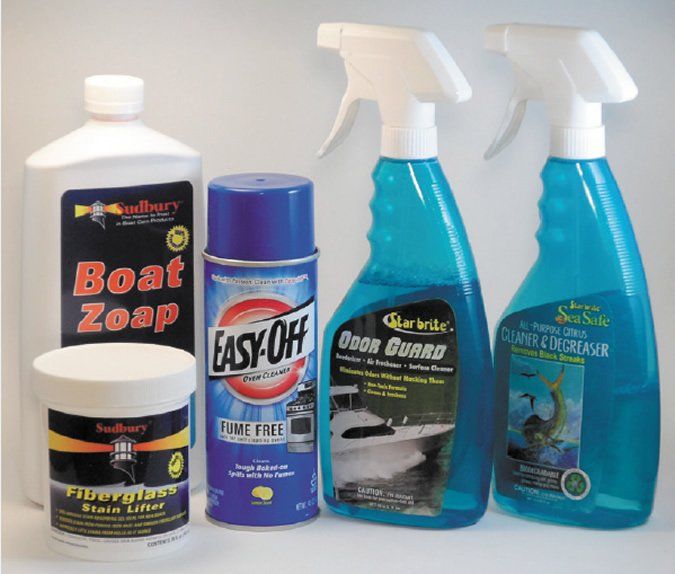

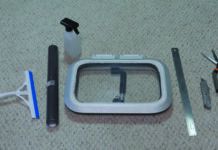





I love Practical Sailor.
Given COVID about 33% of our club (Etobicoke Yacht Club in Toronto) members are not going to launch their boats this summer. Many boats are tarped (as mine is) or shrink wrapped from the winter. I have a teak deck (2004 Hanse 411). A great timely article would be to describe what to do for the summer when it is hot and humid. Tarp, modify tarp cover or no tarp. Shrink wrap or not. Something re the interior and battery maintenance with long term layup. I am sure the learning for boats in Florida will be useful for owners in the more northern parts of USA and Canada. Thanks in advance !